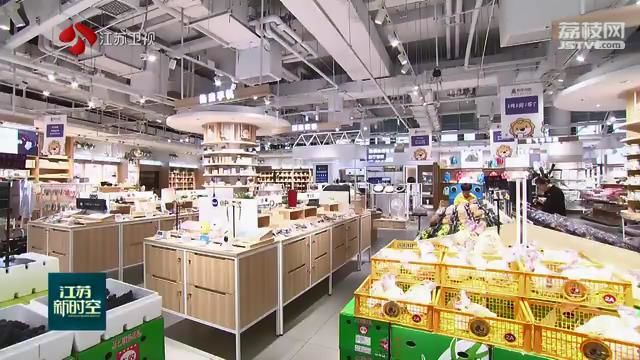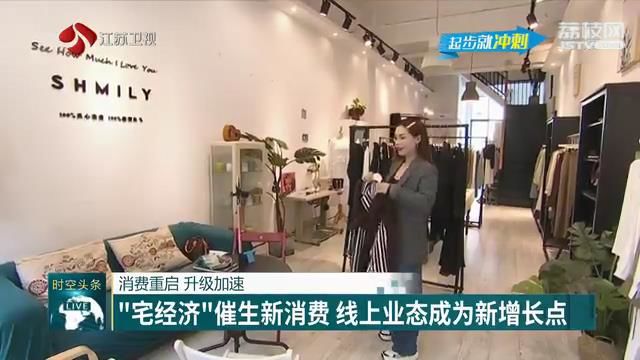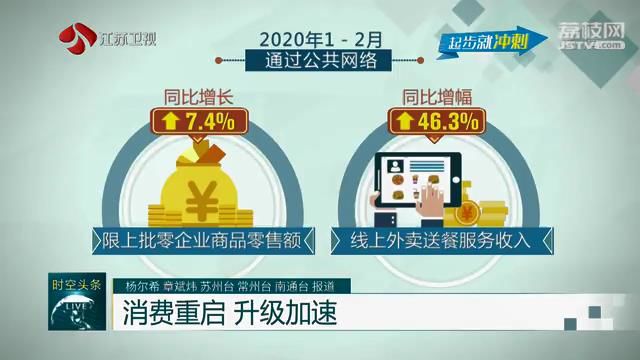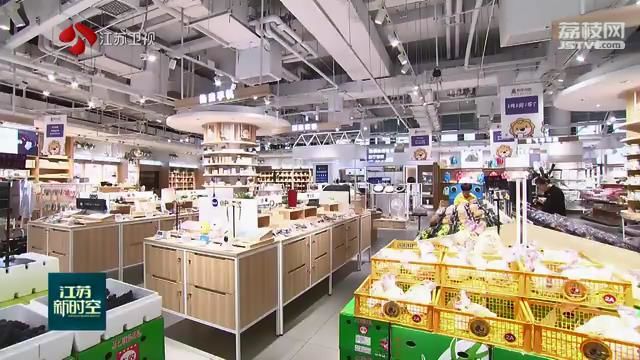
East China’s Jiangsu province reported growing online retail sales in January and February as the novel coronavirus pneumonia epidemic or COVID-19 affected the sales of brick-and-mortar businesses. The retail sales of goods through public networks increased by 7.4% year-on-year, and the revenue of online food delivery services increased by 46.3% year-on-year.

With much of China under lockdown due to the virus outbreak, people started devoting their free time to whipping up meals—prompted by boredom as much as necessity, China’s grocery and fresh produce e-commerce boomed as an entire country was reluctant to go outdoors for fear of being infected.
The sales of grocery and fresh products have more than tripled or quadrupled at major e-commerce platforms since the outbreak of the COVID-19.
In Nanjing, a community group buy app called WeChat Solitaire became the most popular grocery and fresh products e-commerce platform.
Consumers click on the WeChat group to order whatever they want to buy such as fresh vegetables, fruits, cakes from the stores in the Confucius Temple scenic area, and steamed stuffed bun from Jinling Hotel that would have required a long queue at offline stores. But during the epidemic outbreak, these foods can be ordered and delivered to your doorstep.
More than 200 thousand consumers in Nanjing have got accustomed to ordering grocery and fresh products at this WeChat sales platform, which has attracted many restaurants and farming cooperatives.

Online sales have greatly stimulated the consumer potential in clothing, home furnishings, and automobiles that traditionally belong to offline business. In Changzhou, a series of marketing methods, such as cloud shopping, cloud test drive, and cloud try-on, combined with live streaming and brick-and-mortar store experience, has become new profit points for many businesses.
Jiangsu has introduced a number of measures to promote the release of consumer demand and excite rebounding of the consumer market.

Nanjing has released 670 thousand consumer vouchers through an online lottery system. The consumer vouchers stimulated the sales of more than 10 million retail sales in a matter of five days.
Sales promotions have been launched in Suzhou, Nantong and many other places across the province to entice consumer spending in catering, shopping and retail sales in a bid to shore up consumer confidence.
Compared with the period of January 2 to 8, prior to the Lunar New Year holiday, which is when the outbreak began to spread in earnest, average daily usage for major grocery and fresh produce apps surged 56.2% during Spring Festival and 96.4% in the two weeks after the holiday from February 3 to 16, according to data from Quest Mobile.
Over the past month, the self-isolation adopted by millions of Chinese citizens across the country has spawned innovation in the burgeoning sector of grocery delivery platforms, which had already been operating under various business models.
(Source:ourjiangsu.com)






